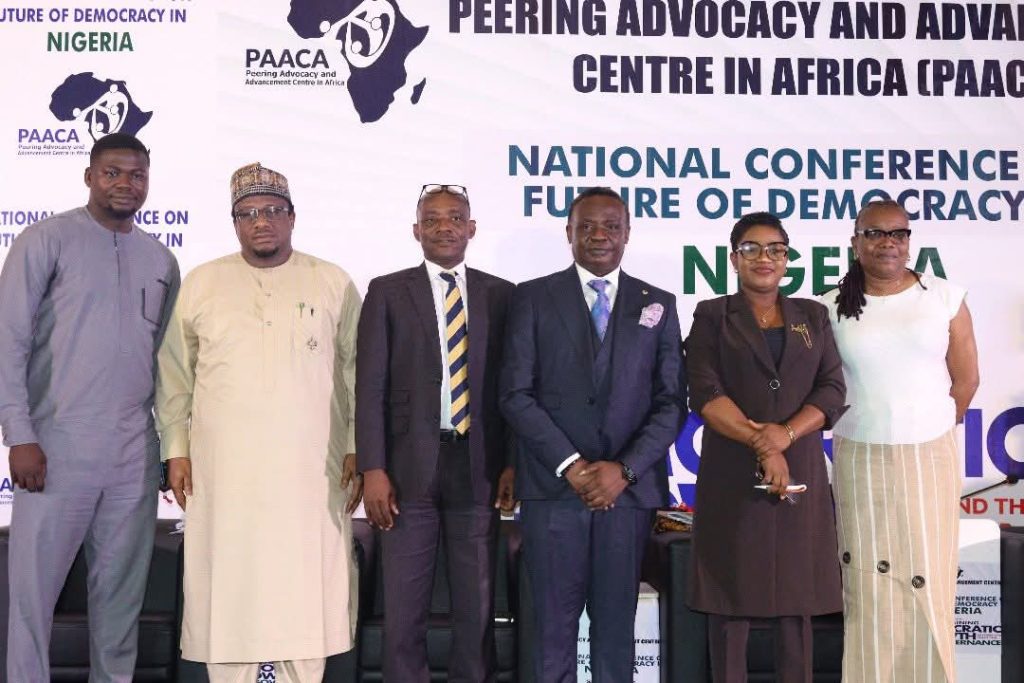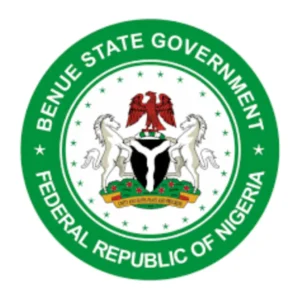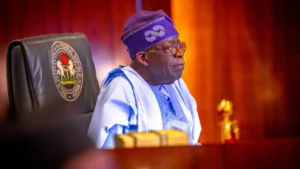Ahead of the 2027 elections, the Independent National Electoral Commission (INEC) and several key stakeholders have shared reasons why many Nigerians still feel disconnected from the dividends of democracy. According to them, citizens expect better governance, stronger institutions, and real improvements in daily living, but these have not been fully realized. They argue that political promises often fail because leaders do not follow through on commitments after winning elections.
INEC officials noted that democracy cannot thrive without credible elections and active participation from the people. They explained that when voters lose trust in the system—due to rigging allegations, violence, or lack of transparency—confidence in democratic outcomes weakens. Stakeholders also stressed that poor accountability from elected leaders remains one of the biggest barriers preventing Nigerians from enjoying true democratic progress.
Stakeholders added that economic hardship, insecurity, and unemployment have made many Nigerians doubt whether democracy is working for them. They said that government at all levels must prioritize policies that directly impact citizens, such as youth empowerment, infrastructure, and social welfare. Without these improvements, the idea of democracy will remain distant in the lives of ordinary people.
They concluded that for Nigerians to finally feel the dividends of democracy by 2027, both leaders and institutions must rebuild trust by improving governance, ensuring fair elections, and promoting transparency. They insisted that democracy goes beyond voting—it requires continuous engagement, responsible leadership, and a system that puts citizens first.







